
Hey there, health enthusiasts! Dr. J here, and today we're diving deep into the world of iron. You know, that stuff that makes Popeye strong? Well, it's not just for cartoon sailors – it's crucial for all of us mere mortals too! So grab your spinach (or maybe a nice steak) and let's explore why iron is the unsung hero of your body.
First things first, let's talk about why iron is such a hotshot in the nutrient world. Iron is like that reliable friend who's always got your back – it's essential for life, and without it, we'd be in serious trouble. Here's the lowdown:
Oxygen Delivery Service: Iron is the key player in hemoglobin, which is like a tiny Uber for oxygen in your blood. It picks up oxygen from your lungs and delivers it to every nook and cranny of your body. No iron, no oxygen delivery – and that's bad news, folks.
Energy Production: Feeling like a sloth on a lazy Sunday? Low iron might be the culprit. Iron helps your cells produce energy, so when you're running low, you're literally running on empty.
Brain Power: Your noggin needs iron to function properly. It helps with neurotransmitter synthesis and myelin production – fancy terms for “keeping your brain sharp.”
Immune System Boost: Iron is like a personal trainer for your immune system, helping it stay strong and ready to fight off those pesky invaders.
Muscle Maintenance: For all you gym rats out there, iron is crucial for muscle metabolism. It helps repair and build those gains you've been working so hard for.
Now, I'm not trying to scare you, but iron deficiency is more common than you might think. It's like that sneaky villain in a movie – it can creep up on you without you even noticing. Here are some signs that you might be running low on this vital mineral:
If you're experiencing any of these symptoms, don't panic! But do consider getting your iron levels checked by a healthcare professional. It's always better to be safe than sorry, right?

Alright, now that we've covered why iron is so important and how to spot if you're running low, let's talk about how to get more of this superhero nutrient into your diet. The good news is that Mother Nature has provided us with a smorgasbord of iron-rich options. Here's your iron-clad grocery list:
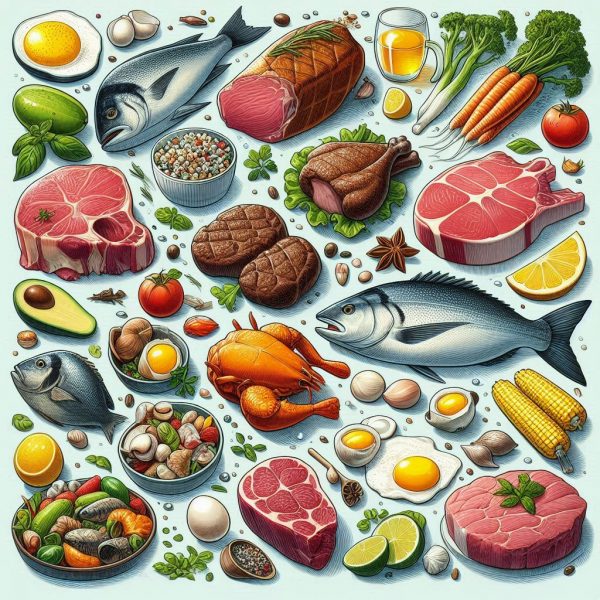
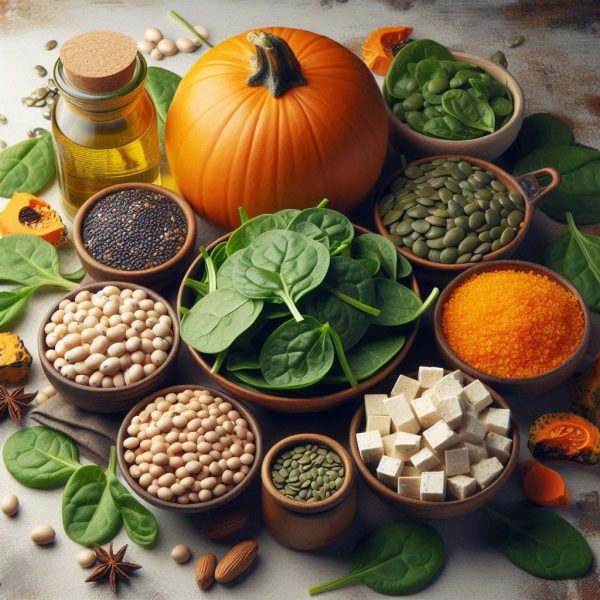
Now, here's a pro tip from Dr. J: Heme iron from animal sources is more easily absorbed by your body than non-heme iron from plant sources. But don't worry, veggie lovers! You can boost iron absorption from plant sources by pairing them with vitamin C-rich foods. It's like they're dance partners – they work better together.
Speaking of dance partners, let's talk about the factors that can help or hinder iron absorption. It's like a complicated tango, but I'll break it down for you:
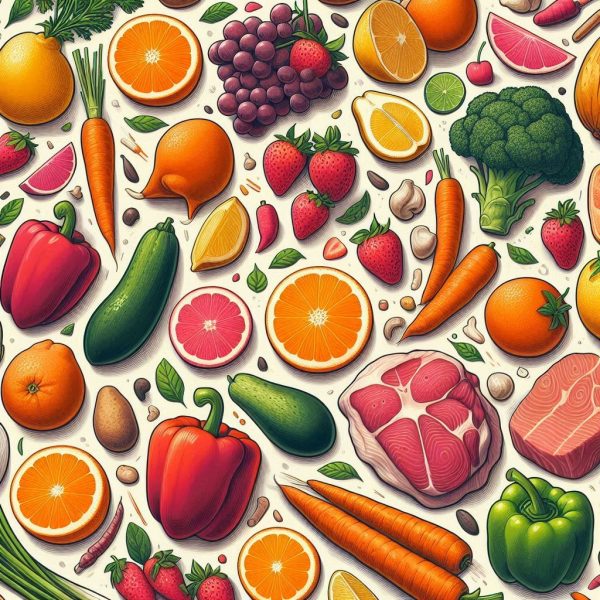
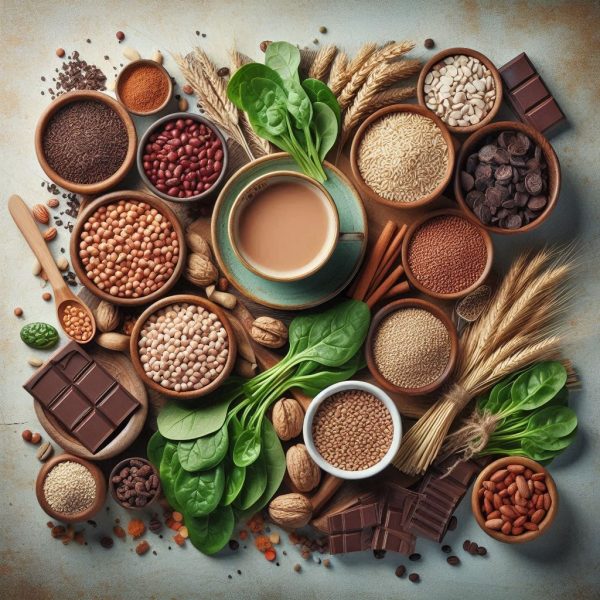
Now, don't freak out and swear off your morning coffee or that calcium-rich yogurt. It's all about timing and balance. Try to space out your iron-rich meals from these inhibitors. For example, have your coffee between meals instead of with them, or wait an hour after your iron-rich meal before diving into that cheese platter.
Sometimes, despite our best efforts, we need a little extra help. That's where iron supplements come in. But listen up – this isn't a DIY situation. Always, and I mean ALWAYS, consult with a healthcare professional before starting any iron supplementation. Here's why:
Too much of a good thing: Iron overload is a real issue and can be just as dangerous as deficiency.
Different strokes for different folks: The type and dose of iron supplements can vary based on your individual needs.
Potential side effects: Iron supplements can cause constipation, nausea, and other digestive issues in some people.
Interactions: Iron can interact with certain medications, so it's crucial to get professional advice.
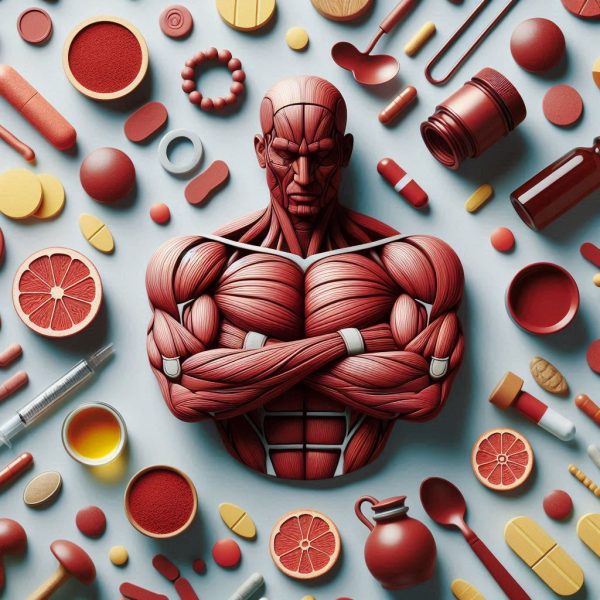
If you do end up needing supplements, here are some tips to maximize absorption:
While everyone needs iron, some groups need to be extra vigilant about their iron intake:
Pregnant women: Growing a tiny human requires a lot of iron. Prenatal vitamins usually include iron, but always check with your OB/GYN.
Menstruating women: Monthly blood loss means more iron loss. Ladies, this is why you might feel extra tired during your period.
Vegetarians and vegans: Plant-based diets can be iron-rich, but you'll need to be more intentional about it.
Endurance athletes: Intense exercise can increase iron loss through sweat and other mechanisms.
People with certain medical conditions: Conditions such as celiac disease, inflammatory bowel disease, or those who've had gastric bypass surgery may have trouble absorbing iron.
Infants and young children: Rapid growth means high iron needs. This is why iron-fortified infant formulas and cereals are a thing.
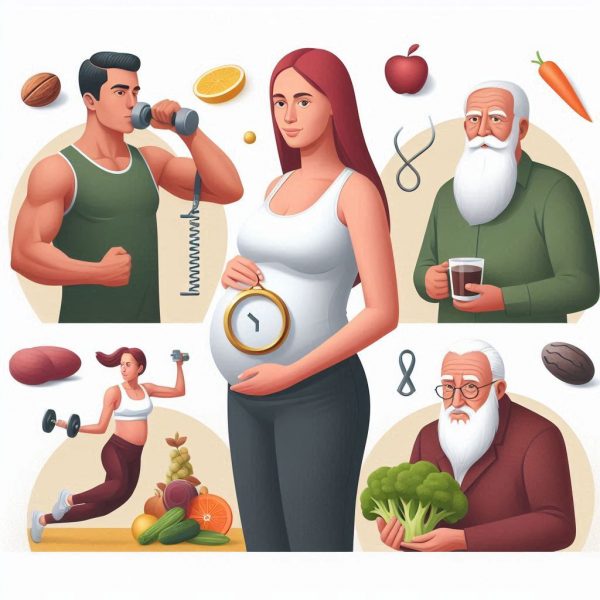
Alright, folks, we've covered a lot of ground here. From the basics of why iron is so crucial to your health, to the signs of deficiency, sources of this mighty mineral, and even who needs to pay extra attention to their iron intake. Here's the takeaway:
Iron is not just another nutrient – it's a fundamental player in keeping you healthy, energized, and thriving. By understanding its importance and making informed choices about your diet and supplementation (if needed), you're taking a big step toward optimal health.
Remember, balance is key. Too little iron can leave you feeling like a deflated balloon, but too much can be harmful too. It's all about finding that sweet spot, and that's where a balanced diet and professional guidance come in.
So, the next time you're planning your meals or doing your grocery shopping, give a little thought to iron. Your body will thank you for it. And who knows? You might just find yourself with the energy to take on the world – or at least make it through that Monday morning meeting without nodding off.
This is Dr. J signing off, reminding you that when it comes to your health, it's better to be proactive than reactive. Stay curious, stay informed, and most importantly, stay healthy!
======================
Recommended Product